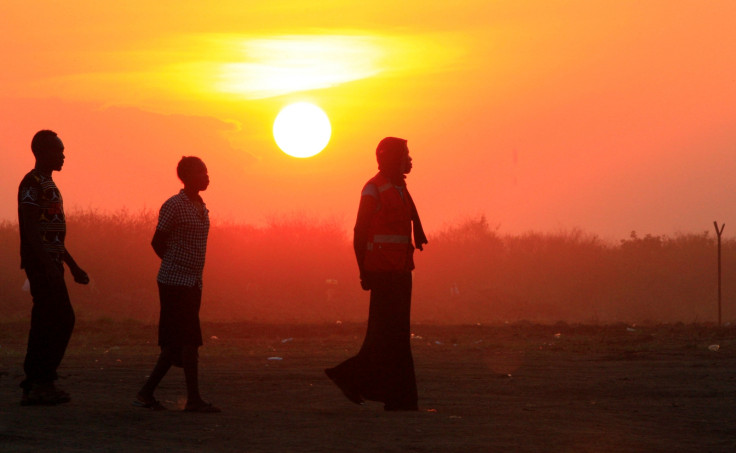Genocide is about to begin in South Sudan unless immediate action is taken, UN head warns
Ban Ki-moon urged the Security Council to impose an arms embargo in the country amid fears of rising violence.
The United Nations Secretary-General Ban Ki-moon said on Monday, 19 December, that he feared genocide could start in South Sudan unless immediate action was taken. He also issued a plea to the Security Council to impose an arms embargo on the world's youngest country amid fears of increasing violence.
"If we fail to act, South Sudan will be on a trajectory towards mass atrocities," the UN chief said, addressing the 15-member Security Council.
He added that the UN's special adviser on the prevention of genocide, Adama Dieng, has described it as a process and taking note of that Ban said, "I am afraid that process is about to begin unless immediate action is taken.
"The Security Council must take steps to stem the flow of arms to South Sudan," he said.
The warning from the UN head came days after South Sudan marked the third anniversary of the civil war that broke out in the country on 15 December 2013. The violence erupted when President Salva Kiir, of the Dinka ethnic group, fired his deputy Riek Machar, a Nuer, from his cabinet.
Since then, ethnic-related violence targeting Dinka and Nuer groups has caused the deaths of at least 50,000 people, amid allegations of crimes against humanity committed by both sides. The disturbance has also led to severe food shortages and left millions displaced.
The two sides have, however, signed an unstable peace deal in 2015, but fighting has continued.
Ban said reports suggested Kiir and his allies "are contemplating a new military offensive in the coming days" against Machar – who is currently living in South Africa – and his loyalists, while "there are clear indications that Machar and other opposition groups are pursuing a military escalation".
Supporting Ban's comments, the UN aid Chief Stephen O'Brien also asked the council, "How many more clues do you, do we all need to move from our anxious words to real preventative action?"
However, Akuei Bona Malwal, South Sudan's ambassador to the UN, denied the reports and said they were exaggerated and did not "reflect the reality on the ground."
"There have been no attempts, that we are aware of, on the part of the South Sudanese masses to turn against each other," he told the Security Council in the Monday meeting.

The East African country gained its independence from Sudan in 2011. Since then, the UN peacekeepers – including some 13,700 UN troops and police – have been in world's newest country.
According to reports, the United States – which has defined Kiir's government as "obstruction and defiance" – has been struggling to secure the minimum number of votes needed for the Security Council to impose an arms embargo on South Sudan.
Reports suggested that only seven members were in favour of this, while a resolution needs at least nine votes and no vetoes.
The US ambassador to the United Nations, Samantha Power, said she wanted to put a resolution to impose an arms prohibition on South Sudan to a vote before the end of 2016.
"The situation is not getting better, it's getting worse, and we're sitting on our hands as a council. We have to try to stop atrocities in South Sudan," Power added.
© Copyright IBTimes 2024. All rights reserved.





